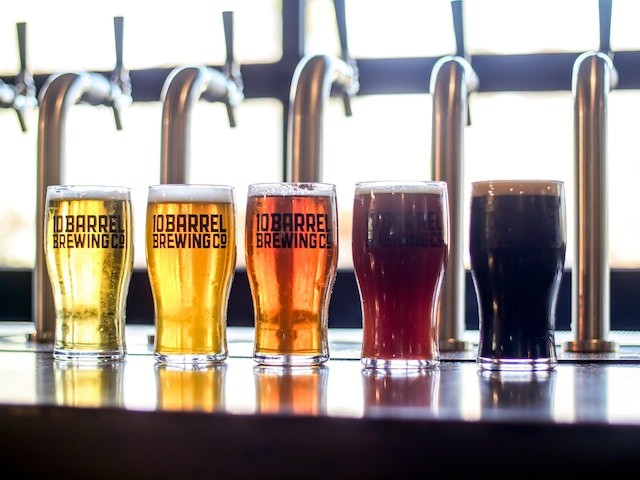
Beers are not easy to produce as it could take weeks to ferment the drink alone. However, with nanotechnology, the whole process can be sped up.
BeerBots to Speed Up Brewing Process
One of the most popular drinks in the world, beer, can take a while to brew. In the first phase, sugars are taken out of grains like malted barley to make wort, a watery mixture.
The sugars are then fermented by yeasts, creating alcohol, carbon dioxide gas, and new taste compounds. This process might take up to four weeks, during which time undesirable microbes may enter and taint the finished product with sour flavors, according to ACS.
According to earlier studies, encapsulating the yeast in polymer capsules could reduce the likelihood of spoiling by accelerating the process. Therefore, Martin Pumera and colleagues intended to create a self-propelled bot to speed up fermentation and make separating yeast from finished beer easier.
By mixing active yeast, magnetic iron oxide nanoparticles, and sodium alginate from algae, the researchers created 2-mm-wide BeerBot capsules that dripped into a ferric chloride solution. The spheres' one side was rendered porous by being placed in an electrochemical cell with an alkaline solution.
According to early testing, the yeast-containing beads could ferment sugar and create carbon dioxide bubbles that drove them upward. After rising to the surface, they sank again, making a bob-like motion as they exhaled carbon dioxide into the atmosphere. The scientists discovered that the self-propelled BeerBots converted carbohydrates more quickly than free yeast cells when employed to ferment malted barley wort.
The yeast-containing capsules settled to the flask's bottom as the sugar was consumed, and the fermentation process came to an end. This eliminated the need for the present filtration phase to remove free yeast cells, making it simple to separate the yeast from the finished product with a magnet.
The gathered BeerBots continued functioning for up to three different wort fermentation cycles. The researchers conclude that BeerBots could manufacture excellent beverages more quickly based on these findings.
The results of the study were published in ACS Nano.
How Long Does It Take to Make Beer?
According to ClawHammer Supply, the brewing process takes weeks. The brewing process reportedly has four parts: brewing, fermenting, packaging, and carbonation.
Each process has a different timeline, with some only taking up hours and others weeks. Brewing can take up to four hours, fermenting one to two weeks, packaging two hours, and carbonation another one to two weeks.
So, on average, producing beer can take up to two to four weeks. The type of yeast used to ferment the beer, the methods used to condition and carbonate the beer, and the style of beer being produced all play a role in why the process varies so considerably.
The figures above presuppose that the type of beer being brewed is ale. The conventional lager fermenting and conditioning procedures require more time to produce lager beers.
The long answer is that if a protracted conditioning process is necessary, the time it takes to manufacture beer can range from 6 to 12 months.
RELATED ARTICLE : Blame It On Beer! Alcoholic Chemicals Breaking Down in the Brain Causes Drunken Behavior
Check out more news and information on Beer in Science Times.
© 2025 ScienceTimes.com All rights reserved. Do not reproduce without permission. The window to the world of Science Times.












